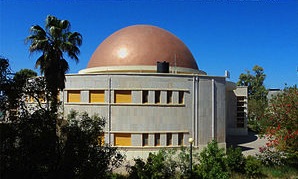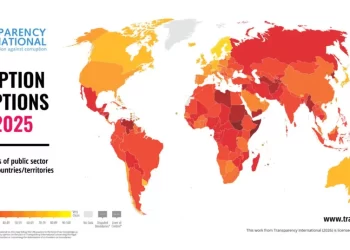By Libya Herald staff.

Benghazi, 18 April 2014:
All 47 members of the Constitutional Assembly, elected so far, are now reported to have . . .[restrict]arrived in Beida to take part in ceremonial inauguration of the body on Monday. It was originally scheduled to have met last Monday, but that was delayed to yesterday and, in the event, even that did not occur.
The Monday meeting is largely ceremonial. At it, members are supposed to elect a president and deputy as well as a rapporteur. The government and members of Congress as well as a number of ambassadors are expected to attend. It will meet in the old co-parliament building in the town, which has been refurbished as its headquarters.
However, subsequent sessions, at which the real work of drawing up a constitution will happen, are not to take place until the remaining 13 assembly seats are elected.
They remained vacant after the 20 February assembly poll because of boycotts, or because violence or fear of violence closed a number of polling stations.
The General National Congress last month instructed the Higher National Elections Commission (HNEC) to organise fresh polls in the affected constituencies and on 9 April HNEC announced it was reopening registration in those places.
However, plans have been thrown into doubt by the Amazigh Supreme Council (ASC) which has since said it will not cooperate with elections for the two seats reserved for Amazigh voters, in Zuwara and Jebel Nafusa until Congress fully accepts the “Consensus Principle”. This is that at least two-thirds of the entire 60-member assembly, including all six Amazigh, Tebu and Tuareg members, have to agree to the proposals in the draft constitution on the name of the state (e.g. State of Libya, Republic of Libya or whatever), its identity, flag, national anthem and language(s).
The continuing boycott and questions over security in Derna has cast doubt whether the elections for all 13 seats can be held before June or even July.
That is likely to then clash with elections for the House of Representatives which is supposed to replace Congress as an interim legislature. [/restrict]







